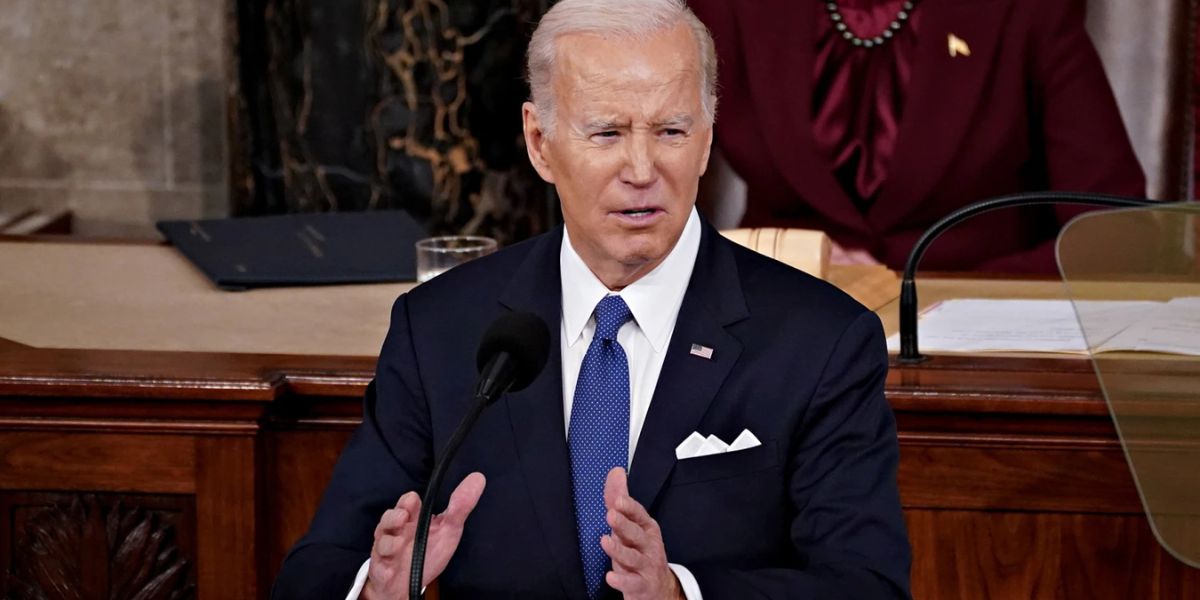Biden Administration’s Noncompete Ban: A Prelude to a Legal Clash With Industry Giants
The Biden administration has placed a nationwide prohibition on businesses’ ability to require their employees to sign noncompete agreements, a move that regulators say will help raise employee compensation but is expected to be contested in court by business groups.
The Federal Trade Commission (FTC) ruled Tuesday afternoon that noncompete agreements would be prohibited going forward. The legislation was required, it stated, for “protecting workers’ fundamental freedom to change jobs, increasing innovation, and fostering new business formation.”
“Noncompete clauses keep wages low, suppress new ideas, and rob the American economy of dynamism,” FTC Chair Lina M. Khan said in a statement. “The FTC’s final rule to ban noncompetes will ensure Americans have the freedom to pursue a new job, start a new business, or bring a new idea to market.”
According to the Federal Trade Commission, approximately one in every five Americans is subject to non-compete agreements. They have become increasingly popular in low-wage or hourly industries such as fast food franchises, restaurants, and security firms, where some employers have attempted to limit employees’ ability to effectively boost their salary by looking for work at rival establishments.
In addition to prohibiting new noncompetes, the FTC’s order extends to all existing noncompete agreements. Employers must now notify employees who are already bound by a noncompete agreement that it will not be enforced against them.
Labor groups and left-leaning policy experts praised the measure.
“Noncompetes are solely intended to reduce competition. “It’s in their name,” stated Heidi Shierholz, president of the progressive organization Economic Policy Institute. “Noncompetes harm workers, consumers, and the economy as a whole. This rule is a vital step toward building a vibrant economy that also benefits working people.”
The AFL-CIO, America’s largest labor organization, applauded the new rule in a post on X Tuesday, stating that noncompete agreements “trap workers from finding better jobs, drive down wages and stifle competition.”
However, business groups have already criticized the restriction, claiming that noncompete agreements are critical to preserving trade secrets and private information. According to the groups, noncompetes ultimately benefit workers by encouraging a more collaborative corporate atmosphere and preventing so-called “free riders,” or employees who attempt to capitalize on a certain company’s practices and take that information elsewhere.
The U.S. Chamber of Commerce, the country’s largest business group, has announced intentions to fight the FTC over the verdict. In a statement, it referred to the restriction as an “unlawful power grab.”
“This decision sets a dangerous precedent for government micromanagement of business and can harm employers, workers, and our economy,” the statement stated. Separately. A Dallas-based tax services firm filed a lawsuit in Texas federal court, which has historically been hostile to Biden administration orders, contesting not only the restriction but also the FTC’s structure.
“We stand firm in our commitment to serve the rightful interest of every company in retaining its proprietary success formulas taught in good faith to its employees,” said chairman and CEO G. Brint Ryan in a statement.
The FTC’s regulation is scheduled to take effect in August, but it is unlikely to be enforced until the judicial challenges are decided, which may take years.











